John Steinbeck didn’t believe in God — but he didn’t believe much in humanity either. When push came to shove, he saw people as cruel, selfish, dishonest, slovenly and, at their very best, outmatched by environmental forces. Like his friend, the biologist Ed Rickett, Steinbeck considered human beings to be no better and no worse than any community of organisms: they might aspire to do great things, but they always ultimately failed.
Already a subscriber? Log in
Subscribe for just $2 a week
Try a month of The Spectator Australia absolutely free and without commitment. Not only that but – if you choose to continue – you’ll pay just $2 a week for your first year.
- Unlimited access to spectator.com.au and app
- The weekly edition on the Spectator Australia app
- Spectator podcasts and newsletters
- Full access to spectator.co.uk
Or
Unlock this article
You might disagree with half of it, but you’ll enjoy reading all of it. Try your first month for free, then just $2 a week for the remainder of your first year.

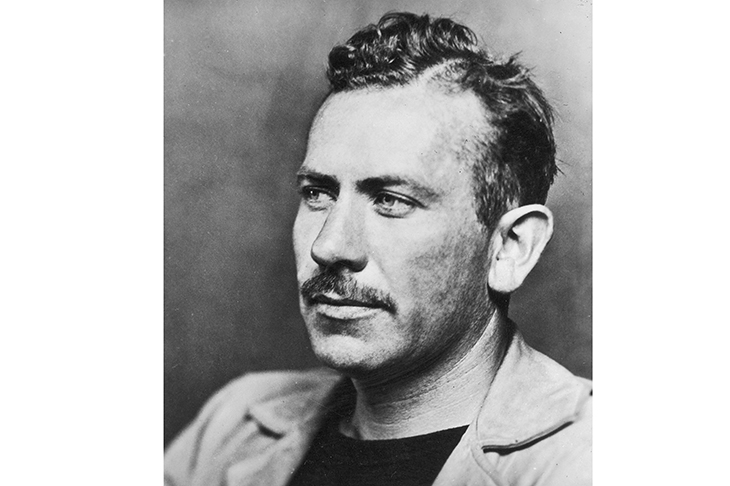
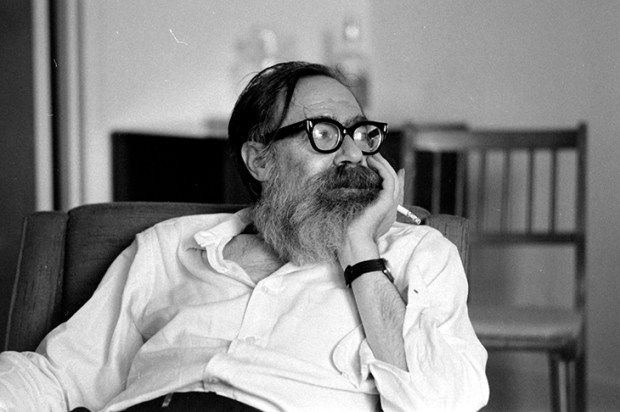


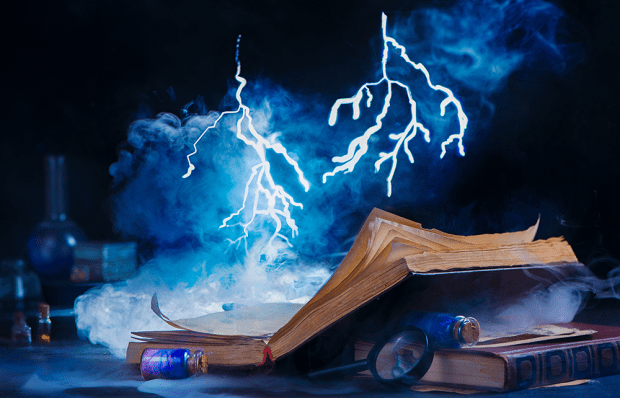
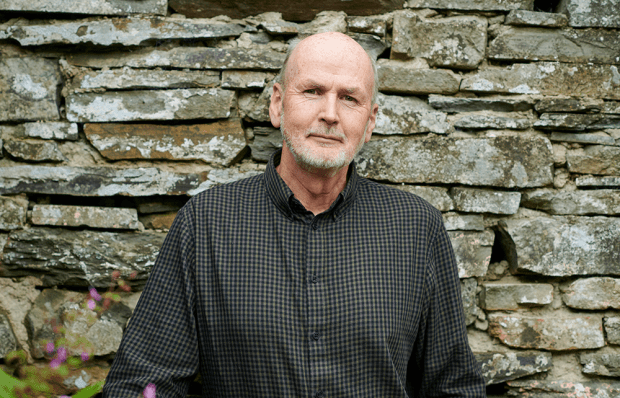





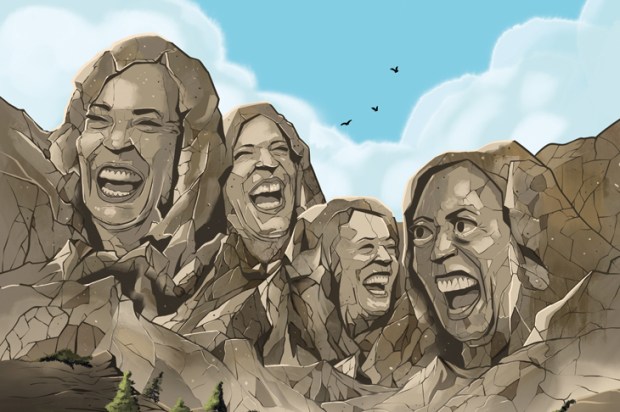

Comments
Don't miss out
Join the conversation with other Spectator Australia readers. Subscribe to leave a comment.
SUBSCRIBEAlready a subscriber? Log in